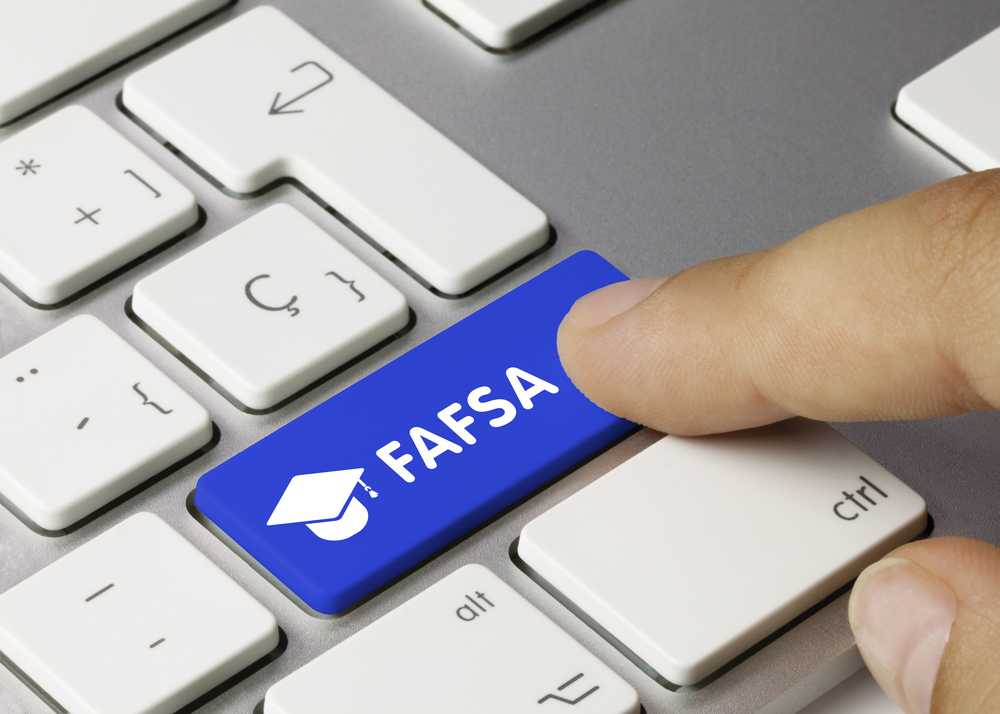
Youth dealing with homelessness face many challenges, but access to education shouldn’t be one.
In a July 19 Electronic Announcement, the Department of Education reminds institutions of their roles and responsibilities related to making dependency determinations for unaccompanied homeless youth effective with the 2024-25 FAFSA.
For the 2024-25 award year, a student is independent if, at any time on or after July 1, 2023, the student was determined to be an unaccompanied youth who is homeless or is self-supporting and at risk of being homeless. The student may self-report their independence due to homelessness by indicating on the FAFSA form that they have a determination from one of the following entities:
- A local educational agency homeless liaison (or designee), as designated by the McKinney-Vento Homeless Assistance Act
- The director (or designee) of an emergency or transitional shelter, street outreach program, homeless youth drop-in center, or other program serving individuals who are experiencing homelessness
- The director (or designee) of a Federal TRIO program or a Gaining Early Awareness and Readiness for Undergraduate program (GEAR UP) grant
- A financial aid administrator at another institution who documented the student’s circumstance in the same or a prior award year
In the announcement, the Department reminds institutions if a student indicates that they have a determination from one of the above entities on their FAFSA form, the institution is not required to request documentation from the student.
“If your institution chooses to request documentation, you must accept documentation from one of the above entities—provided through a documented phone call, written statement, or verifiable electronic data match,” the Department said in the announcement, adding “if the student has received a documented determination from one of these authorities, the institution must not request additional documentation, proof, or statements unless it has conflicting information about the student’s status.”
The Department also reminded schools that unaccompanied homeless youth determinations are separate from professional judgments made under the unusual circumstances provision.
“Unaccompanied homeless youth are not considered Provisionally Independent students,” the Department said. “FAFSA applicants who indicate that they have a (homelessness) determination by one of the entities (listed on the FAFSA) can complete the FAFSA form without parent information as a fully independent student.”
An applicant who has indicated that they are an unaccompanied homeless youth but does not have documentation from the entities identified on the form, will follow the same FAFSA flow as a Provisionally Independent student. This will allow these applicants to complete a FAFSA form without parent information.
For more information on the issue of homeless youth, review “Dependency Status” in Chapter 2 and Chapter 5, “Special Cases,” of the Application and Verification Guide (AVG) in the Federal Student Aid Handbook.


